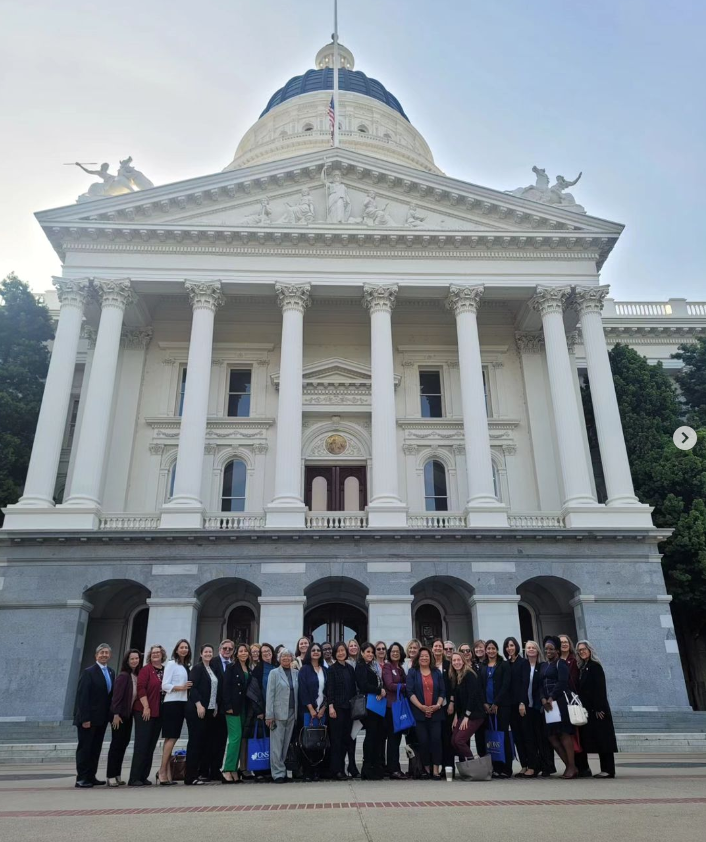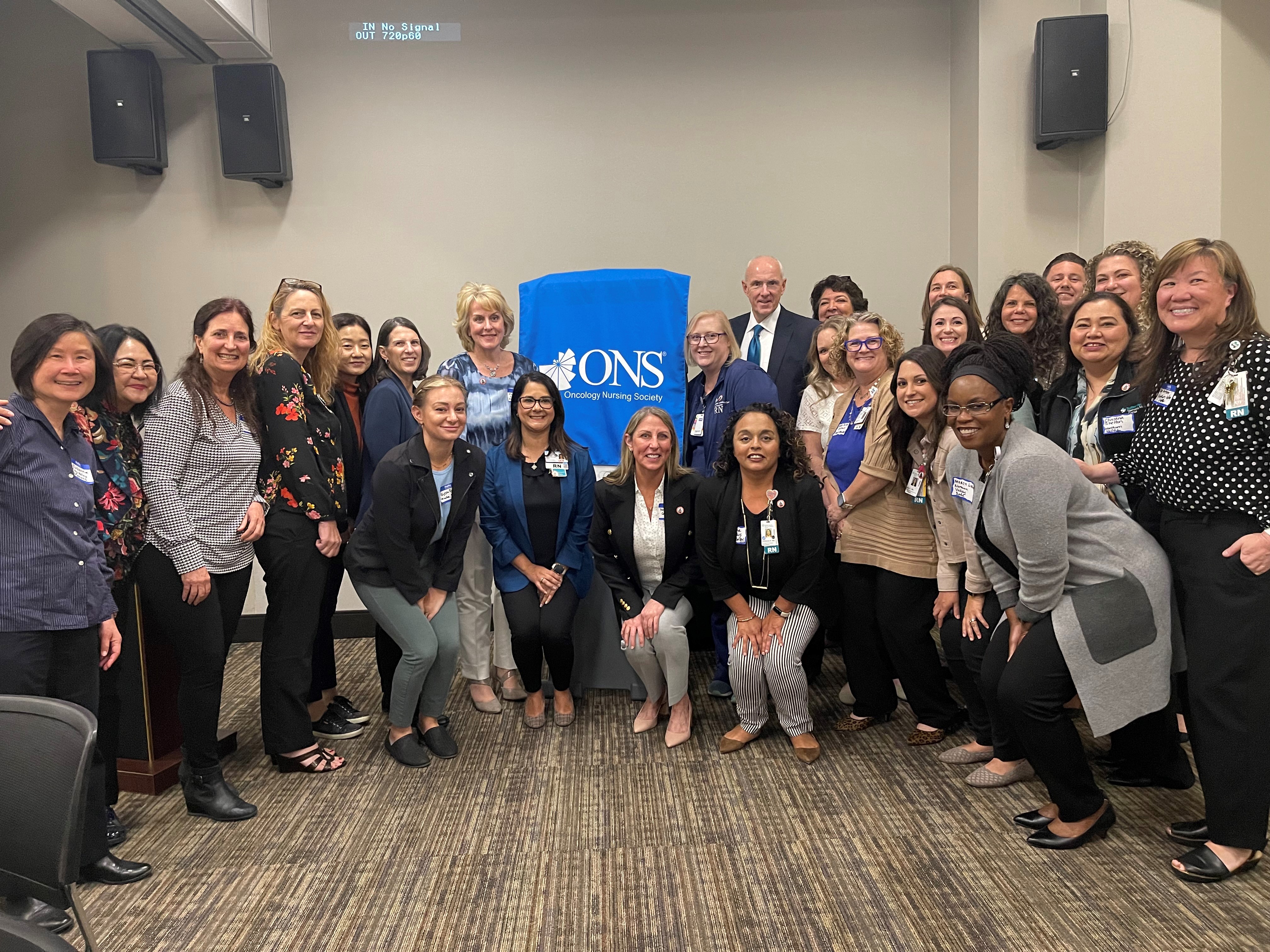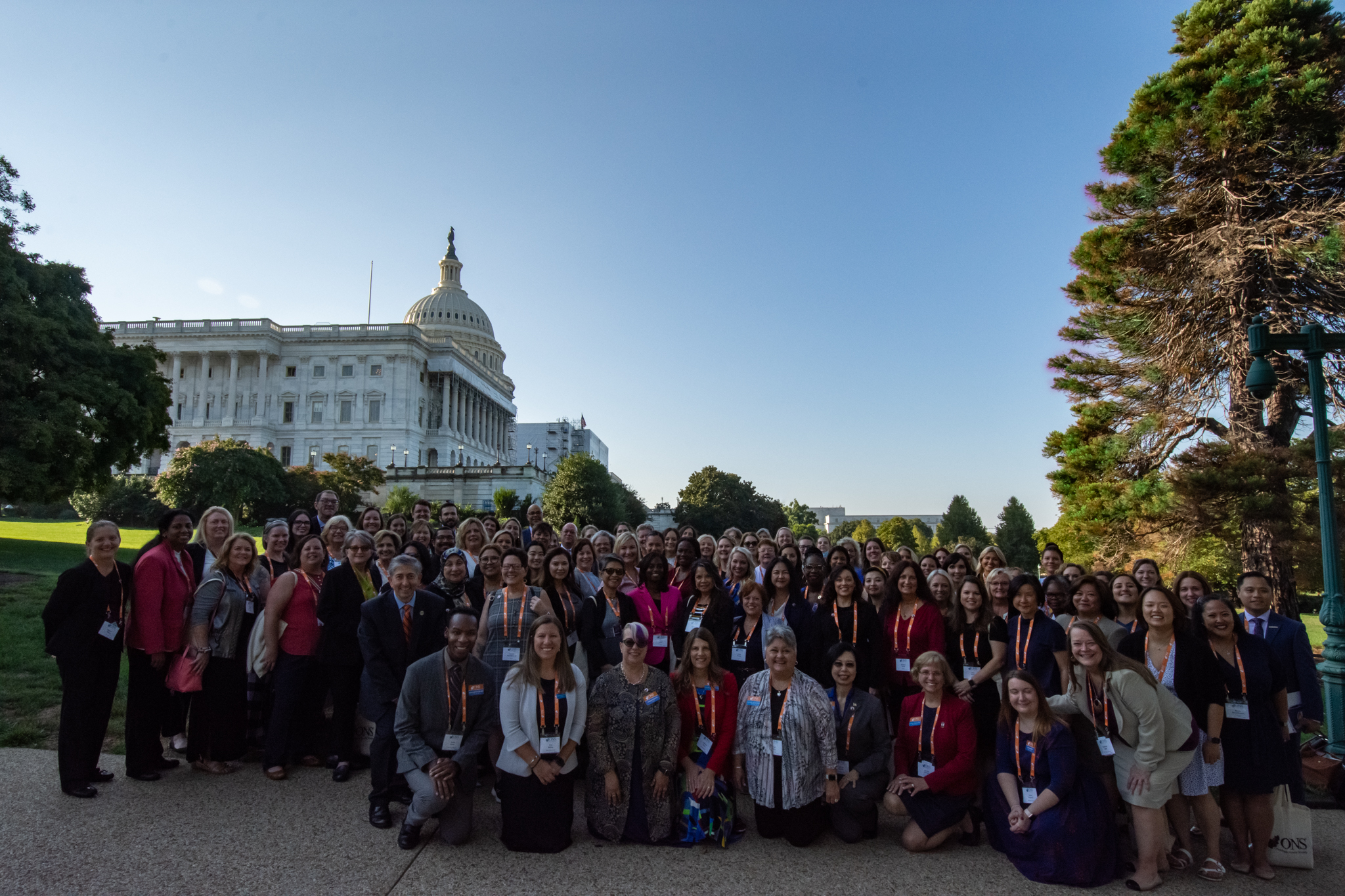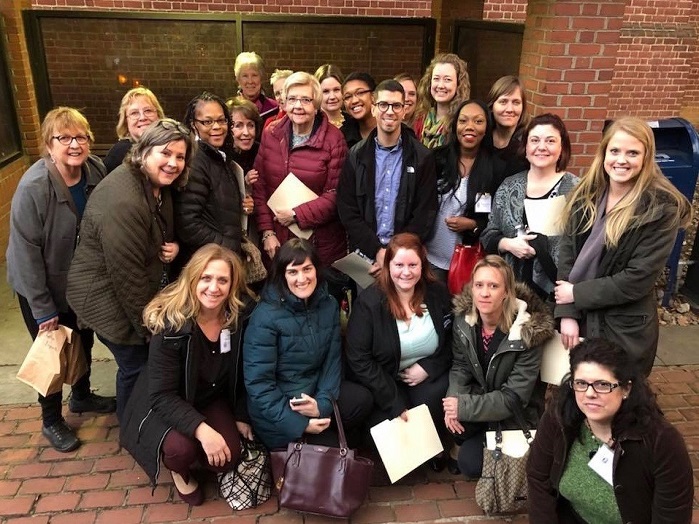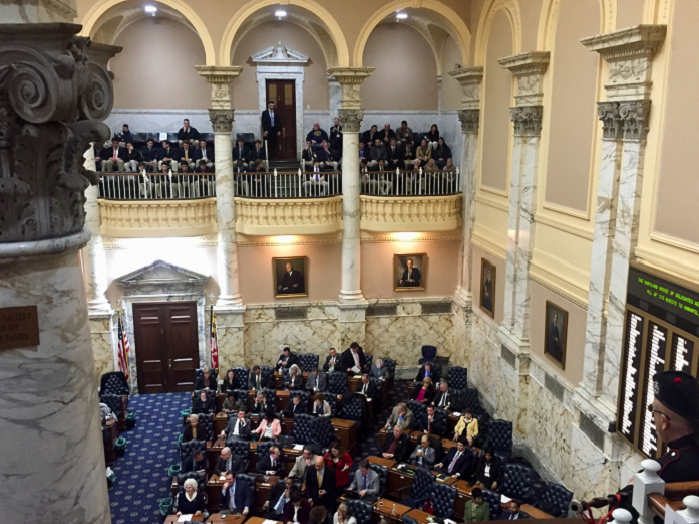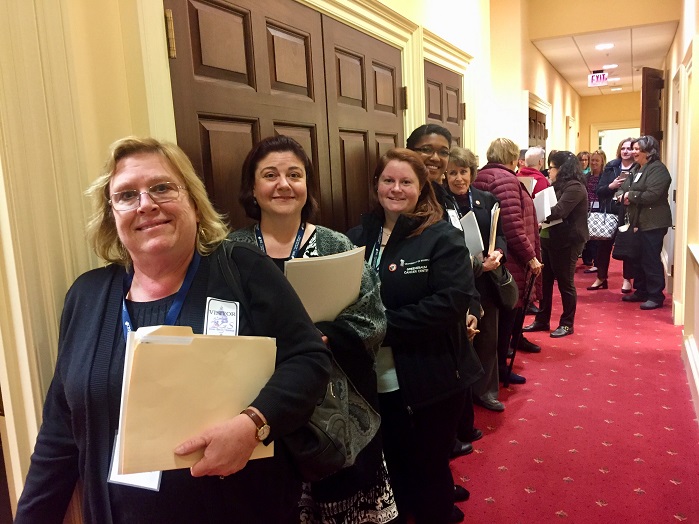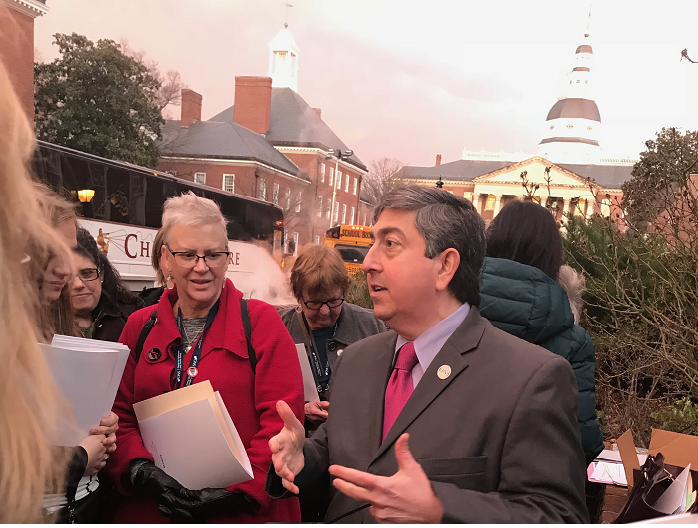Advocacy is one of ONS’s core values and reflects the Society’s dedication to supporting people with cancer and the oncology nursing profession. ONS maintains relationships with federal agencies and nonprofit organizations that are developing policy and research that affect patients and the profession, such as the Agency for Healthcare Research and Quality, Centers for Medicare and Medicaid Services, U.S. Food and Drug Administration, National Cancer Institute, and National Institutes of Health. The Society expands its voice by participating collectively in health policy coalitions, including the Campaign for Tobacco-Free Kids, Health Professions Nursing Education Coalition, and One Voice Against Cancer.
But what makes ONS advocacy meaningful is the voice of oncology nursing.
No matter your role, your position, or your individual interests, you can participate in ONS’s advocacy work:
- Sign up for updates from ONS advocacy to get the latest news and information on important issues, legislation, and policies that affect oncology nursing.
- Visit the ONS Action Center to find the most urgent issues for oncology nursing advocacy, learn about your elected officials and candidates, look up specific legislation, and sign up to be notified when ONS, nursing, or your patients need your voice.
- Follow ONS's health policy coalition partners on X (formerly Twitter) to get in-the-moment health policy updates.
- Explore resources from the ONS Center for Advocacy and Health Policy, including health policy priorities, position statements, and webinars.
- Familiarize yourself with ONS’s Health Policy Agenda, which is updated annually in February. By rallying together behind key issues, oncology nurses have a stronger voice and can make a bigger impact.
- Participate in ONS Capitol Hill Days. Usually held in September, the event brings together nurses from across the country to meet with congressional offices to share perspectives and advocate for legislation that support patients and the profession. If you can’t make it to Hill Days, write letters to your legislators and we’ll hand deliver them during our visits. Get involved by contacting hilldays@ons.org.
You can also influence health policy at local and state level by establishing relationships with your legislators through letters and participation in public events. Contact healthpolicy@ons.org for help or more information.
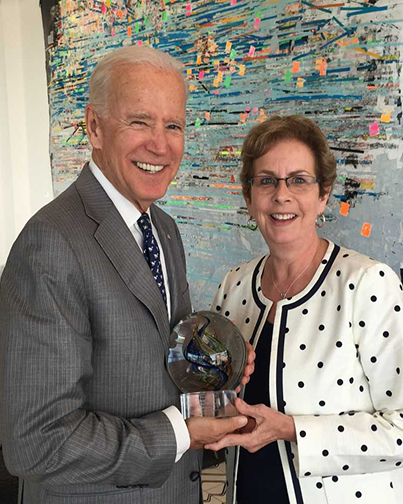
How to Contact Your Leaders and Legislators
You can also make a big impact by writing to your local leaders and legislators. This is especially useful when you want the recipient to take a particular stance on a matter or proposed law.
If you don’t know who your local leaders are, start by checking out your town’s or city’s website. Make sure your letter is concise and clear—get your point across quickly and include a call to action. Consider beginning your letter with a very brief statement about the issue and then say, “I’m writing today to ask for your support of x.”
Visit USA.gov, Congress.gov, Senate.gov, or House.gov to find contacts for your state or territory. You can also contact the White House directly online, via switchboard at 202-456-1414, or by the comments line at 202-456-1111 during business hours.
How to Write a Letter to the Editor
Most towns and communities have a local newspaper, magazine, or website that accepts letters to the editor, and many national publications do as well, including the New York Times, USA Today, and Washington Post. Visit your target publication’s website and search for “letters” or look in the about section or footer for submission instructions and length limits.
A letter to the editor is formal correspondence and should be succinct. If the publication does not specify a length limit, keep it to 200–300 words. Letters can argue for or against an issue or just explain an issue, and they generally combine opinions and facts to support statements. Letters should always be professional and avoid any personal or potentially libelous accusations.
Because of limited space, not all letters will be selected for publication. Your letter must stand out. Make a compelling case, support it with evidence, and appeal to readers to take action. Be prepared for the letter to be edited for space or clarity. Always include your full name and contact information; publications generally do not publish anonymous letters.
A different yet related way to reach a larger national audience is through social media. Most publications have social media sites where you can, for example, post on the publication’s Facebook page or use a hashtag or handle in your posts to widen your reach.
How to Invite an Elected Official to Your Chapter Meeting
Most elected officials welcome the opportunity to speak directly with constituents when time and opportunity permit. When writing to your leaders and lawmakers, ask if they are able to attend a future chapter meeting to discuss a healthcare topic. You may learn from them about the status of key issues and some of the challenges they face, as well as how to keep the lines of communication open when important issues are being considered. It can also provide an opportunity for them to learn from you about key issues that oncology nurses face.
It may require a few invitations to get an elected official with a busy schedule to attend a meeting. Be persistent and patient. Prior to the event, share key issues and areas you’d like to discuss so that all parties are prepared for an insightful conversation.
ONS’s Health Policy Team has facilitated a number of chapter activities and can assist you with yours. Contact healthpolicy@ons.org for more information.






